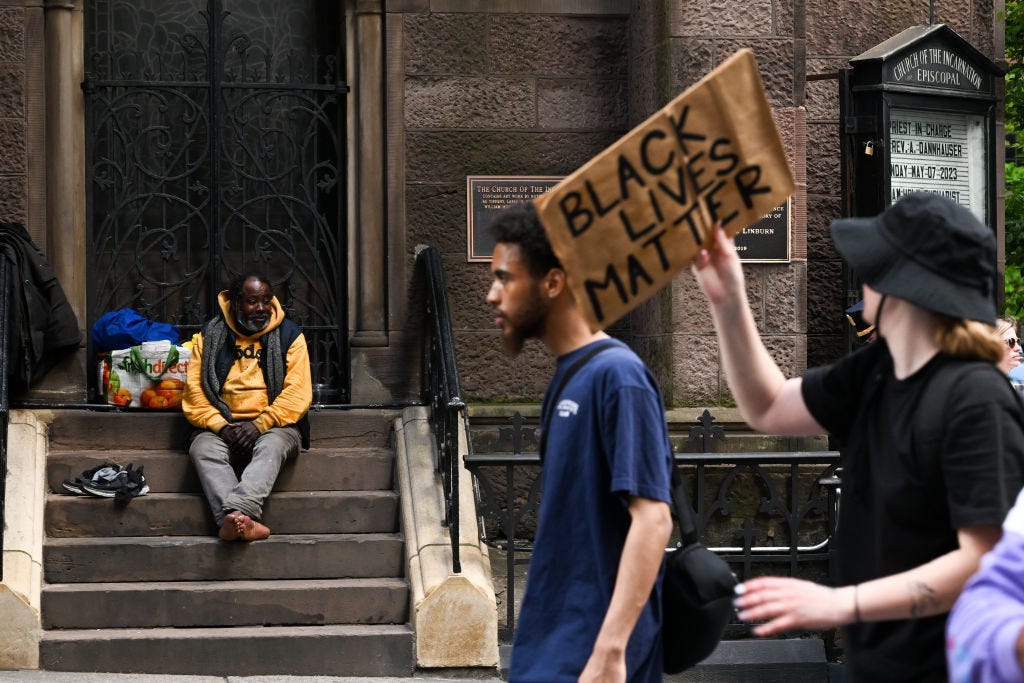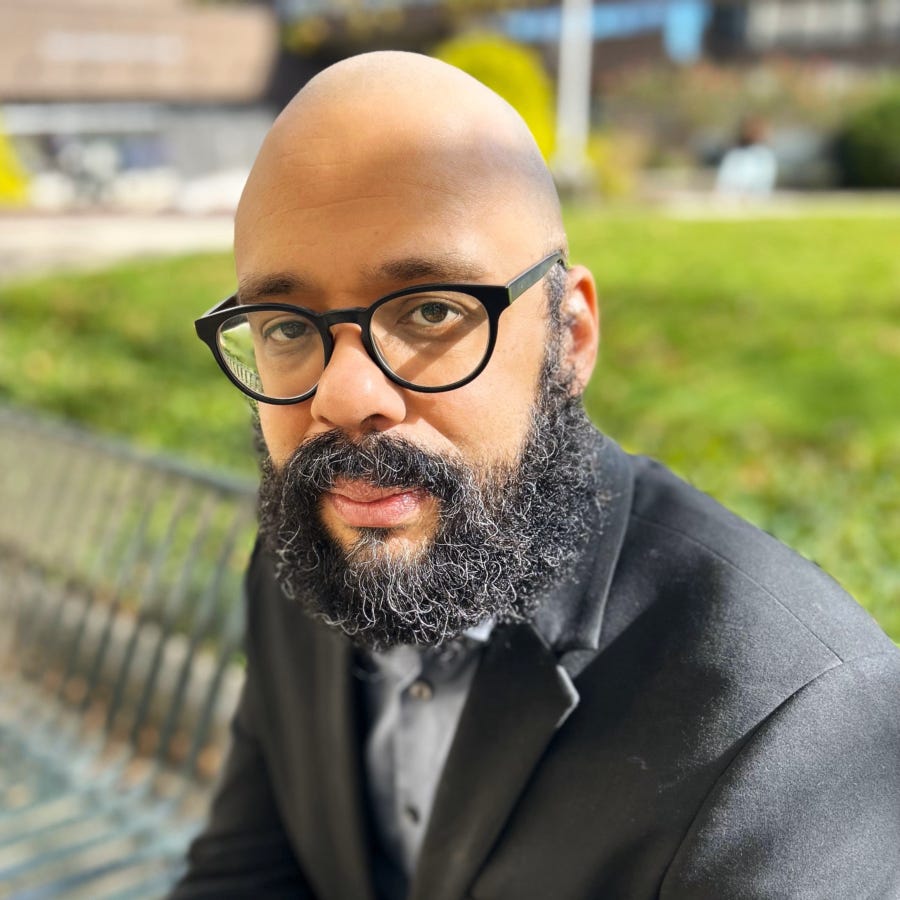Is “wokeness” enabling inequality?
Sociologist Musa al-Gharbi on how the language of social justice can serve to entrench the capitalist power structure, and the future of the Democratic Party under Trump
Musa al-Gharbi was not surprised when Donald Trump was elected president in 2016: “I’d spent most of the election cycle, beginning in the primaries, begging anyone who would listen to take Trump’s prospects seriously and respond accordingly.” Al-Gharbi, now an assistant professor in the School of Communication and Journalism at Stony Brook University, “became increasingly consumed, possessed even, by a handful of interrelated questions,” he writes. Among those questions: “How can elites whose lifestyles and livelihoods are oriented around the production, maintenance, and exploitation of inequality still view themselves as egalitarians?”
That’s a central question driving al-Gharbi’s first book, We Have Never Been Woke: The Cultural Contradictions of a New Elite. In it, he argues that “symbolic capitalists“ — the powerful cohort that is well educated, financially comfortable, and largely (but not entirely) white and liberal — have captured the levers of power and decision-making in the Democratic party and managed to alienate much of the rest of the country in the process, all without driving tangible progress on fundamental matters of justice and equality. We spoke with al-Gharbi just after the election about “wokeness,” how the gap between Democrats’ commitments to social justice and their inadequate actions alienated Americans and opened the door to the far right and the return to power of Trump and the MAGA movement, and how the left needs to change much more than messaging if Democrats hope to recapture American imaginations and make lasting change.
Listen to the full audio of Adam Lowenstein’s conversation with Musa al-Gharbi below.
I want to make sure that your phone has been ringing off the hook with calls from Democratic elites and operatives since the election. Please tell me that’s the case.
That is not the case. It has been ringing off the hook from a lot of people who want to talk about the election, but so far not Democratic Party officials or elites.
Before we get pulled into election debriefing, let’s start with a couple of definitions. Can you tell us what the “symbolic economy” is and how you define the “symbolic capitalists,” of whom I am a card-carrying member?
The book is trying to analyze the rise of this new elite constellation that I call “symbolic capitalists.” A shorthand way of thinking about it is people who don’t provide physical goods and services to people. People who make a living through producing and manipulating symbols and data and ideas. People who work in fields like education, consulting, finance, media, arts and entertainment, and so on.
Fundamentally, the book is a study of the political economy of the knowledge professions, or the “symbolic economy,” which is to say: How [does] the changing social position, economic clout, [and] influence of symbolic capitalists relate to their evolving political and moral views, and the legitimizing narratives that we tell to explain why the social order looks the way it does, why the winners in the system deserve to win, why the losers deserve to lose?
One of the key arguments of the book is that in many respects — and somewhat troublingly, from my perspective – social justice discourse is increasingly used by symbolic capitalists, by the winners and the prevailing order of people who have been succeeding and flourishing, to justify inequalities. People who are losing, and suffering, and getting left behind, who feel like their values and interests are not reflected in our institutions, we [symbolic capitalists] point to those people and say, Good. They deserve to be marginalized. They deserve to be ignored.
And we do this in the name of social justice. We use social justice, in many cases, to legitimize inequalities.
You note [in] the first chapter that “the Americans most likely to become symbolic capitalists are highly educated, relatively affluent white liberals.” You make it clear that – I’ll include myself in that group – we are not the only members of the symbolic capitalist cohort, but we make up a very large share of it.







